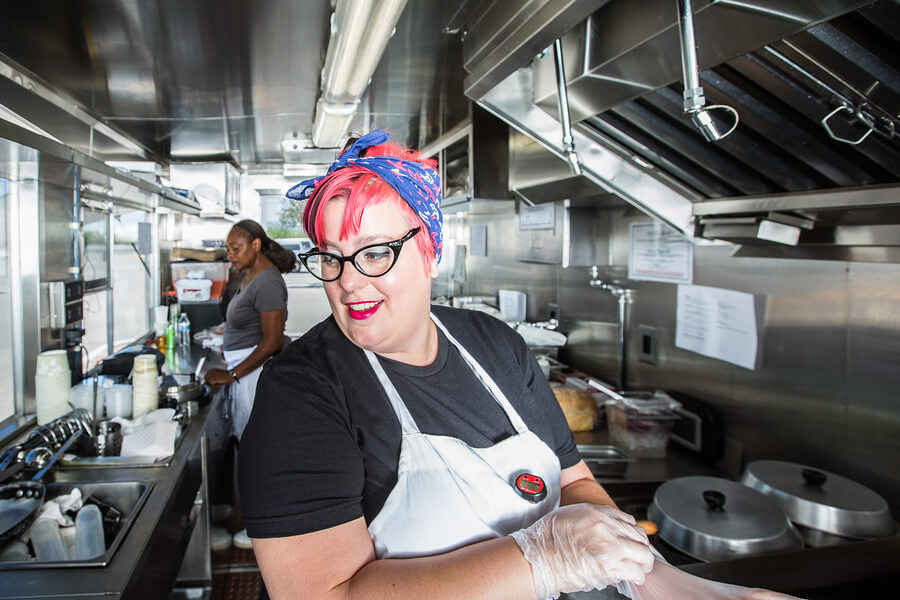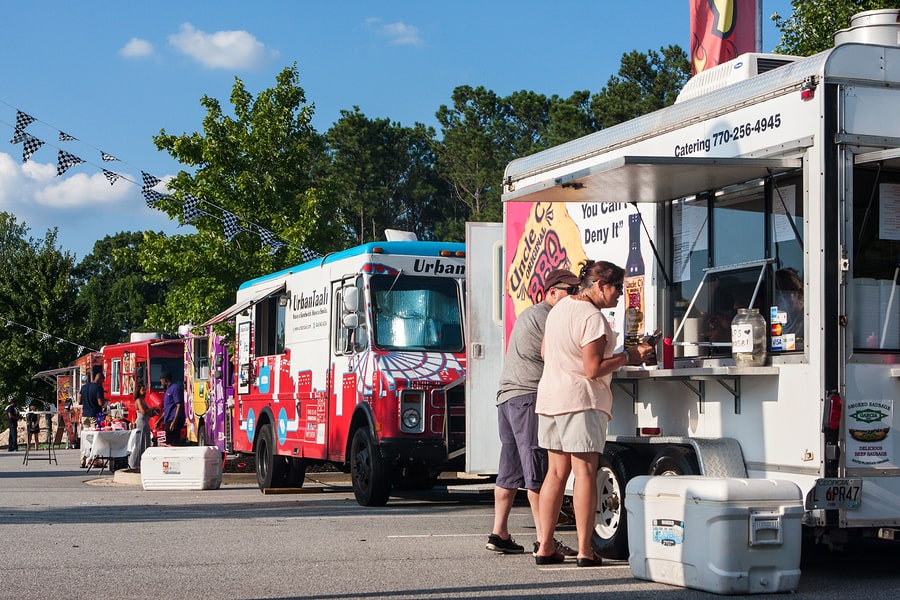
Imagine answering to no boss but your self, making good money and working the hours you want to work. Such is the life of a food truck vendor. But you have to be careful of pitfalls that can cause frustration and cut into profits.
Owning a food truck can be a rewarding and profitable venture. Aside from the financial benefits, having a food truck also allows you to exercise your creativity and your love of preparing food.
Many food truck owners may, however, find their business overwhelming and a source of frustration. Owners also may not generate the profits that they initially hoped for. In many cases, profits suffer because they don’t follow the best practices of owning a food truck.
In this post, Truckster the go-to food truck finder, will be taking a look at some of the most important things that you should attend to every day to ensure that your food truck remains popular and profitable.
Best Practices for Food Truck Owners

Follow the Food Truck Trends
Food truck owners active in the culinary industry need to stay on top of the latest food truck trends. As time passes, the world sees changes in attitudes about health, the environment, and the community. All of these changing attitudes can affect your food truck business.
Examples of food trends in 2019 include food that promotes gut health, the use of timut pepper from Nepal, as well as plant-based proteins. Environmentally friendly wrapping and packaging are a trend that many food trucks make the mistake of ignoring.
Take some time every week to acquaint yourself with the latest trends and to determine which ones apply to your business. If you adhere to the latest trends, you will have a significant advantage over your competitors.
Stay Organized
Imagine being hired to do the catering for a public event but failing to show up because your food truck broke down. If you don’t organize properly, catastrophic failures like this can occur.
Organization comes down to coordinating food-preparation activities, making to-do lists, drawing up schedules, planning for and obtaining backup systems, effective time management, and streamlining your staff’s operations.
Food truck optimization is a multi-dimensional process and should form an integral part of your day-to-day activities.
Market Your Food Truck
One of the benefits of owning a food truck is that the vehicle itself is a larger-than-life, mobile advertisement.
Your truck should not be your only advertisement, however. If you are in the food industry, using the visual appeal of the food you serve is critical, especially on social media platforms like Instagram.
If you operate in a specific area, make sure that you target the locals with social media ads. Get a website up and running with a blog to generate some search-engine traffic from people who plan to visit your city. Services like Truckster Vendor are also valuable sources of getting new customers.
Communication is another valuable marketing method. Posting your daily lunch specials, location, business hours, or public events on Twitter or Facebook will attract loyal followers to buy from your food truck.
Ensure that You Meet All Legal Requirements
As a food truck operator, you have to show that you meet all city regulations as well as relevant state and federal laws. These requirements come down to health safety, business licensing, and rules about zoning and parking.
Many regulations and laws are applicable, and they differ from city to city and state to state. Most of these regulations aim to promote the safety of the general public and also to ensure that the products you sell are of the highest quality.
To learn more about the regulations that apply to you, contact your local department of health, motor vehicle department, city hall, or county clerk’s office. Take the time to ensure that you have all the required licensing, identifications, permits, and records.
